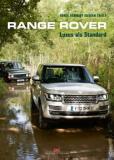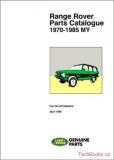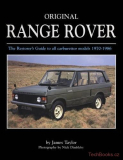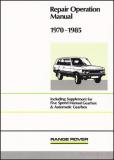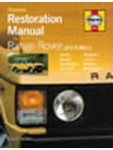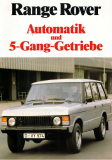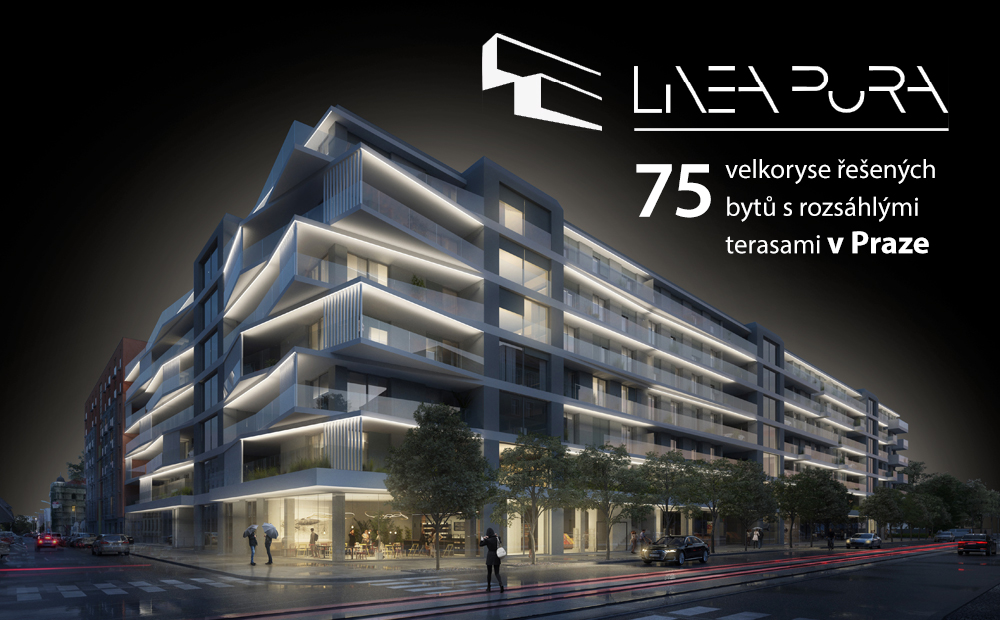E-shop
- * CD/DVD/BLU-RAY
- * Dárkové poukazy
- * Kalendáře
- * Magazíny
- * NAVIONICS
- * Plakáty a grafické listy
- * Prospekty a brožury
- * Slovníky
- ATV, čtyřkolky, sněžné skůtry
- Autobusy, tramvaje, trolejbusy
- Automobily osobní a dodávky
- _Automobilová technika
- _Autokatalogy
- _Caravaning
- _Design
- _Elektromobily & hybridy
- _Karosárny & karosáři
- _Osobnosti & konstruktéři
- _Repliky / kitcars / stavby
- _Sbírky a muzea
- _Sport
- _Veteráni
- Abarth
- AC
- Acura
- Adler
- Aero
- Africar
- Alfa Romeo
- Allard
- Allstate
- Alpine
- Alvis
- AM General
- AMC
- Americké automobily
- Armstrong Siddeley
- ARO
- ASA
- Aston Martin
- Auburn
- Audi
- Austin
- Austin-Healey
- Austro-Daimler
- Auto Union
- Autobianchi
- Ballot
- Bantam
- Barkas
- Bedford
- Bentley
- Benz
- Berkeley
- Bitter
- Bizzarrini
- BMW
- Bond
- Borgward
- Brabham
- Bricklin
- Bristol
- British Leyland
- BRM
- Brough Superior
- BSA
- Bugatti
- Buick
- Cadillac
- Callaway
- Caterham
- Citroen
- Cisitalia
- Clan
- Colt
- Cord
- Crosley
- Crossley
- Cunningham
- Dacia
- Daewoo
- DAF
- Daihatsu
- Daimler
- Dallara
- Darracq
- Datsun
- De Dietrich
- De Dion
- Delage
- Delahaye
- DeLorean
- Denzel
- DeSoto
- De Tomaso
- Diatto
- Dixi
- DKW
- Dodge
- Duesenberg
- Eagle
- Edsel
- Elva
- EMW
- ERA
- Excalibur
- Facel Vega
- Falcon
- Ferrari
- Fiat
- Ford
- Ford USA
- Frazer-Nash
- FSO Fiat Polski
- General Motors
- Genesis
- Geo
- Ginetta
- Gilbern
- Glas
- GMC
- Goggomobil
- Goliath
- Gutbrod
- Hanomag
- Hartnett
- Healey
- Henney
- Hillman
- Hino
- Hispano Suiza
- Holden
- Hommell
- Honda
- Horch
- Hotchkiss
- Hudson
- Humber
- Hummer/Humvee
- Hyundai
- Checker
- Chevrolet
- Chrysler
- Chrysler Europe
- IFA
- Imperial
- Ineos
- Infiniti
- Innocenti
- Intermeccanica
- International
- Invicta
- ISO
- Isotta-Fraschini
- Isuzu
- Itala
- Iveco
- Jaguar
- Jeep
- Jensen
- Jowett
- Kaiser-Frazer
- Karmann
- KdF
- Kia
- Lada/VAZ
- Lagonda
- Lamborghini
- Lancia
- Lanchester
- Land Rover
- Laurin-Klement
- La Salle
- Lea-Francis
- Lexus
- Light Car Co.
- Ligier
- Lincoln
- Lloyd
- LMX
- Locomobile
- Lola
- London Taxi Intl.
- Lotus
- Marendaz
- Marcos
- March
- Marmon
- Maserati
- Matra-Simca
- Maybach
- Mazda
- McLaren
- Mercedes-Benz
- Mercury
- Messerschmitt
- Metalex
- MG
- Mini
- Mitsubishi
- Monica
- Monteverdi
- Moretti
- Morgan
- Morris
- Moskvič
- Muntz
- Nash
- Nissan
- Noble
- NSU
- Oldsmobile
- Oltcit
- Opel
- OSCA
- Packard
- Pagani
- Panhard
- Panoz
- Panther
- Peerless
- Pegaso
- Peugeot
- Park Ward
- Pierce-Arrow
- Plymouth
- Pontiac
- Porsche
- Praga
- Puch
- Puma
- Rambler
- Range Rover
- Reliant
- Renault
- Proton
- Railton
- Riley
- Riva
- Rochdale
- Rolls-Royce
- Rover
- Röhr
- Saab
- Saturn
- Scioneri
- Seat
- Shelby
- Schustala
- Simca
- Singer
- Smart
- Spyker
- Standard D
- Standard GB
- Stanguellini
- Steyr
- Studebaker
- Subaru
- Stutz
- Sunbeam
- Suzuki
- Swallow
- Syrena
- Škoda
- Talbot
- Tarpan
- Tatra
- Terraplane
- Tesla
- Tojeiro
- Toyota
- Trabant
- Trident
- Triumph
- Tucker
- TVR
- Tyrrell
- UAZ
- Unipower
- Vanwall
- Vanden Plas
- Vauxhall
- Vector
- Venturi
- Voisin
- Volha / GAZ / Čajka
- Volkswagen
- Volvo
- Walter
- Wanderer
- Wartburg
- Warszawa
- Wiesmann
- Wikov
- Westfield
- Williams
- Willys
- Wolseley
- Yugo/Zastava
- Zagato
- ZAZ
- Zbrojovka
- ZIL
- Zimmer
- Automobily nákladní a tahače
- Cyklistika
- Hudební nástroje, hudba
- Letectví, kosmonautika
- Lodě, lodní technika
- Malá motorová technika
- Modely a sběratelství
- Motocykly
- Počítače, IT
- Traktory, zemědělská technika
- Železniční technika, vlaky
- Zbraně, vojenská technika
- Zdraví, domácnost, sport


![]()



![]()


![]()

![]()

![]()

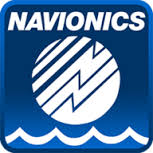

Úvod »Automobily osobní a dodávky»Dodge » Range Rover 1970-1985
Anotace
When Land Rover started work on the second-generation Range Rover in the late 1980s, it faced a tough task. For the new vehicle had to take over from one of the best-loved and most distinctive 4x4s of its time - and it had to improve on that vehicle's luxury qualities to meet demand from the North American market in particular. To that end the company assembled a team of engineers drawn from both Land Rover and from its sibling Rover Cars; the car input was going to be very important in ensuring that the new model met the expectations of buyers new to 4x4s. Initially known as Project Pegasus, the new Range Rover was soon re-named Project 38A after the building at Land Rover's Solihull works where it was based; the feeling was that this very boring code-name would excite less attention! By the time the new model went on sale in 1994, both Land Rover and Rover Cars had been sold to the German BMW company - but the plan to use a BMW turbodiesel engine had been conceived some three years before there had been any suggestion that the two companies should get together. This engine provided reasonable economy and great refinement (though performance was not outstanding) and remained a favourite throughout production. For those who could stand the fuel bills there were 4.0-litre and 4.6-litre derivatives of the long-serving V8 petrol engine which had powered the first Range Rover. North America received only those two engines. Sales were strong right from the start, and the vehicle quickly out-sold its predecessor in terms of annual sales. Limited editions and special editions were introduced periodically to keep buyers' interest, and from mid-1998 the two V8 engines were re-worked to improve driveability. A minor facelift for the 2000 model-year was the last real change before production ended in 2001. The last of 167,041 second-generation Range Rovers was a North American specification model with the 4.6-litre V8 engine, and was presented to the Heritage Collection at Gaydon for use as a museum exhibit. There has never been any doubt that the second-generation, or 38A, Range Rover made an excellent luxury vehicle with the extra dimension of extraordinarily good off-road ability. However, the sophisticated electronic systems on which it depended so heavily were not invariably reliable on the early models. Later examples tended to be better in this respect, but these early problems did do some damage to the vehicle's reputation. Enthusiasts today still have a somewhat ambivalent attitude to the 38A Range Rover. Second-hand examples offer an awful lot of metal for the money, but bad or neglected vehicles can also be very expensive to rectify - and the worst problems cannot be dealt with by the average home mechanic. Nevertheless, as time goes on, these Range Rovers are becoming more and more appreciated and there can be little doubt that they will one day be viewed as classics of the 1990s. This is a book of road & comparison tests, new model intros, long term tests & buying second hand. Models covered: Vitesse, SE, HSE, TD, Overfinch, Callaway & Vogue.


